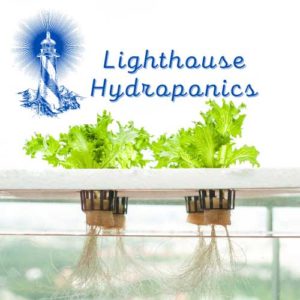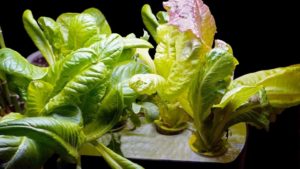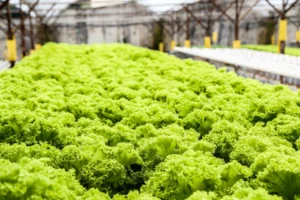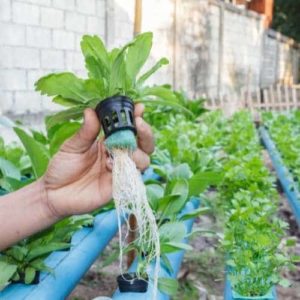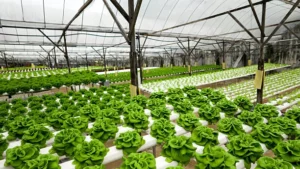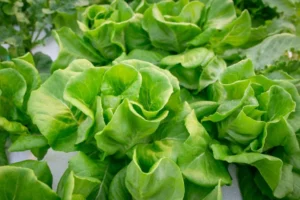As the world’s population continues to grow, it becomes increasingly important for us to find ways to produce more food. Use hydroponics farming is a method of growing plants without soil. This type of farming is becoming more and more popular, due to its many advantages. In this blog post, we will discuss some of the reasons why is the use of hydroponics farming most likely going to increase in the future!
How Will Hydroponics Help The Future?

One of the main advantages of hydroponics farming is that it uses less water than traditional farming methods. In fact, hydroponics can use up to 90% less water! This is important, especially in areas where there is a shortage of water.
Another advantage of hydroponics is that it can be done in any climate. This means that you can grow plants hydroponically in any part of the world, regardless of the weather.
Hydroponics also allows you to grow crops year-round. You can grow crops indoors, using artificial light, or outdoors in a greenhouse.
Hydroponics is also a more efficient way to use land. You can grow more plants in a smaller space using hydroponics.
What Role Will Hydroponics Play In The Future?
It is clear that hydroponics has many advantages over traditional farming methods. As the world’s population continues to grow, it is likely that the use of hydroponics will increase. Hydroponics will play an important role in the future of sustainable crop production.
Why Hydroponics Is Becoming More Popular?
The advantages of hydroponics are the main reason why this type of farming is becoming more popular. Hydroponics is a more efficient way to produce food, and it can be done in any climate. Hydroponics also allows you to grow crops year-round. These advantages are making hydroponics an increasingly popular choice for farmers around the world.
What Are The Benefits Of Hydroponic Farming?
Hydroponic farming has many benefits over traditional farming. The first benefit is that hydroponic farming is more efficient with water usage. A lot of water is wasted in traditional farming due to evaporation and runoff, but this is not a problem with hydroponics. In fact, hydroponic systems use 90% less water than traditional farming!
Another benefit of hydroponic farming is that it is more efficient with fertilizer usage. Most of the fertilizer used in traditional farming is wasted, but this is not a problem with hydroponics. In fact, hydroponic systems only use about 10% of the fertilizer that traditional farming does!
Lastly, hydroponic farming is more efficient with land usage. A lot of lands is used for traditional farming, but this is not necessary with hydroponics. In fact, hydroponic systems can be set up in any location, even in small spaces!
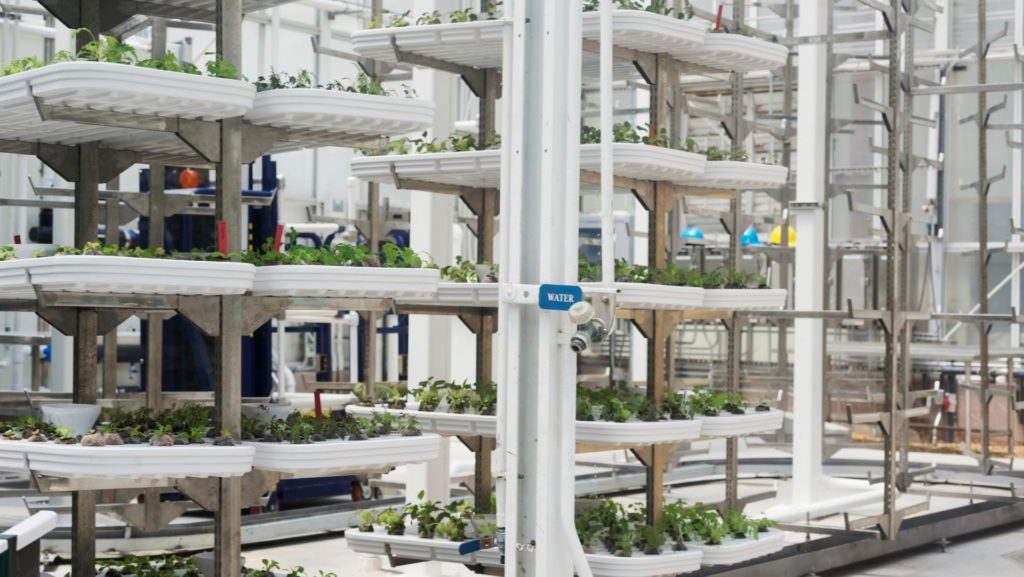
What Role Will Hydroponics Play In The Future Of Sustainable Crop Production?
It is clear that hydroponics has many advantages over traditional farming methods. As the world’s population continues to grow, it is likely that the use of hydroponics will increase. Hydroponics will play an important role in the future of sustainable crop production.
Hydroponics is a type of agriculture where plants are grown in water instead of soil. This method has been used for centuries, but it is becoming more popular today as people become more interested in sustainable farming practices. Hydroponics offers a number of advantages over traditional agriculture. It is more efficient because it uses less water and fewer nutrients than soil-based agriculture. Hydroponics is also more productive because plants can be grown closer together in a smaller space.
Hydroponics is becoming an increasingly important tool for sustainable crop production. As the world’s population continues to grow, we will need to find new ways to produce food sustainably. Hydroponics offers a promising solution to this problem. It is a proven method of growing crops, that uses fewer resources than traditional agriculture. Hydroponics also allows us to grow crops in areas where traditional agriculture is not possible, such as in urban environments or on small plots of land.
I believe that hydroponics will play a key role in the future of sustainable crop production. It is a proven technology that offers many advantages over traditional agriculture. Hydroponics is a reliable way to produce food while preserving our natural resources. I think that more people will start using hydroponics in the years to come, as we become increasingly concerned about the sustainability of our food supply.
Is Hydroponic Farming Sustainable?
The answer to this question is a little more complicated than a simple yes or no. Hydroponic farming is definitely more sustainable than traditional farming, but there are some drawbacks that need to be taken into account.
One of the biggest benefits of hydroponic farming is that it uses significantly less water than traditional farming. This is because hydroponic systems recycle the water they use, which reduces wastage. In traditional farming, a lot of water is lost to evaporation and runoff, but this isn’t an issue with hydroponics.
Additionally, hydroponic farming doesn’t rely on pesticides or fertilizers, which can be harmful to the environment. This means that it is a more sustainable way to produce food.
However, there are some drawbacks to hydroponic farming. One of the biggest issues is that it can be more expensive to set up a hydroponic system than a traditional farm. Additionally, hydroponic systems require a lot of energy to run, which can be costly.
Overall, hydroponic farming is a more sustainable way to produce food than traditional farming. It uses less water and doesn’t rely on pesticides or fertilizers, which can be harmful to the environment. But hydroponic systems still need to be developed further to be attainable for more and more farmers and indeed private users efficiently and cost-effectively.
What Are The Benefits Of Hydroponics To The Environment?
The benefits of hydroponics to the environment are many. The first and most obvious benefit is that it uses far less water than traditional agriculture. In fact, hydroponics can use as little as 1% of the water that traditional farming requires. This is because hydroponics recycles water so that none is wasted.
In addition, hydroponics produces no runoff. When water is used in traditional agriculture, it often contains fertilizers and pesticides that can contaminate the soil and water supplies. With hydroponics, there is no need for these chemicals, so the environment is not harmed.
Finally, hydroponics actually helps to improve the environment. By using less water and no pesticides or fertilizers, hydroponics helps to reduce the amount of pollution that is caused by traditional farming. This makes the world a safer and healthier place for all of us.
In Conclusion…
To conclude this article, we can see that the benefits of hydroponics to the environment are many. It uses far less water than traditional agriculture, produces no runoff, and does not rely on pesticides or fertilizers. This makes it a more sustainable way to produce food than traditional farming. Hydroponics is still in its infancy, but I believe that it will play a key role in the future of sustainable crop production and its use in farming is most likely going to grow as time progresses.
